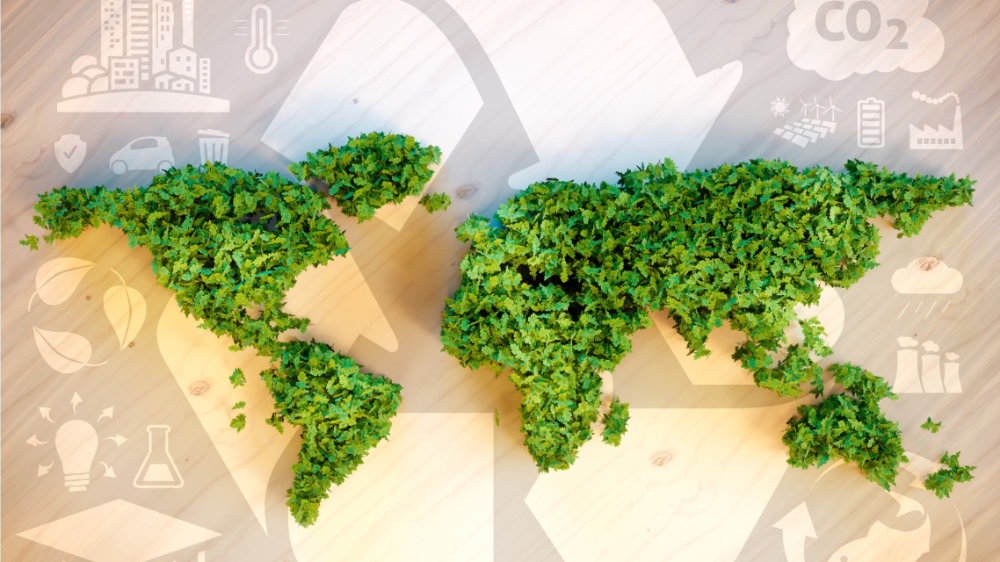Plastic bottle clothing, also known as recycled polyester clothing, has been touted as an eco-friendly solution to the fashion industry's waste problem. By using recycled materials, the production of new clothing can be reduced, and waste can be diverted from landfills. However, the reality of plastic bottle clothing is not as straightforward as it may seem. In this article, we will explore the harm of wearing clothing made from recycled plastic bottles.
Microfiber Pollution
One of the main issues with plastic bottle clothing is microfiber pollution. Plastic bottles are made from polyethylene terephthalate (PET), which is a type of plastic that sheds microfibers when washed. These microfibers are too small to be filtered out by wastewater treatment plants and end up in oceans and waterways, where they can harm aquatic life and enter the food chain.
A study published in the journal Environmental Science & Technology found that a single synthetic garment can release thousands of microfibers in a single wash. These microfibers can be ingested by fish and other marine life, leading to a range of health problems. Additionally, microfiber pollution has been linked to the accumulation of plastic in our oceans, which is a major environmental concern.
Chemicals
Another issue with plastic bottle clothing is the use of chemicals in the manufacturing process. Recycled polyester clothing can contain harmful chemicals such as phthalates, antimony, and formaldehyde, which are used in the manufacturing process. These chemicals can be released when the clothing is washed and can be harmful to both the wearer and the environment.
Phthalates are used to soften plastics and are known to disrupt hormones in humans and animals. Antimony is used as a catalyst in the production of polyester and can be toxic to both humans and animals. Formaldehyde is used as a preservative and is a known carcinogen. When clothing containing these chemicals is washed, the chemicals can leach out and enter the water supply, potentially harming humans and the environment.
Durability
While plastic bottle clothing may seem like a sustainable choice, it is often not very durable and can quickly lose its shape and quality after a few washes. This can lead to more frequent replacements and a higher environmental impact.
Recycled polyester fibers are often shorter and less strong than virgin polyester fibers, which can lead to weaker fabrics that do not hold up as well over time. Additionally, recycled polyester can be more difficult to dye, leading to faded or uneven colors. While some companies have developed techniques to improve the durability and quality of recycled polyester clothing, these innovations are not yet widespread.
Greenwashing
One of the biggest concerns with plastic bottle clothing is greenwashing. Greenwashing is when companies make false or exaggerated claims about their products' environmental benefits. Some companies use recycled materials as a marketing tool without fully committing to sustainability practices. This can lead to confusion for consumers who want to make sustainable choices but are unsure which products are truly eco-friendly.
To combat greenwashing, it is important for consumers to do their research and support companies that are transparent about their sustainability practices. Look for companies that use third-party certifications, such as the Global Organic Textile Standard (GOTS), which verifies that the product meets strict environmental and social criteria.
Alternatives to Plastic Bottle Clothing
While plastic bottle clothing may not be the best choice for the environment, there are alternatives that can be more sustainable. One option is to choose clothing made from natural fibers, such as cotton, linen, or wool. These fibers are biodegradable and renewable and have a lower environmental impact than synthetic fibers.
Another option is to choose clothing made from recycled natural fibers, such as recycled cotton or wool. These fibers are made from post-industrial or post-consumer waste and can be just as durable and high-quality as virgin fibers.
While plastic bottle clothing may have good intentions, the reality is that it can be harmful to both humans and the environment. Microfiber pollution, the use of chemicals, and poor durability are just some of the issues associated with recycled polyester clothing. Additionally, greenwashing can make it difficult for consumers to make informed choices about their purchases.
However, it is important to note that not all recycled polyester clothing is created equal. Some companies are committed to sustainability and are taking steps to mitigate the harm associated with plastic bottle clothing. For example, some companies are using advanced filtration systems to reduce microfiber pollution or are investing in research and development to improve the durability of recycled fibers.
As consumers, we can also make a difference by choosing sustainable clothing options and supporting companies that prioritize transparency and sustainability. It is important to do our research, ask questions, and make informed choices about the products we purchase.
In conclusion, plastic bottle clothing may seem like a sustainable solution, but it is not without its problems. While it may be a step in the right direction, it is important to consider the potential harm of wearing clothing made from recycled plastic bottles. By choosing alternative materials and supporting companies committed to sustainability, we can make a positive impact on the environment and reduce our carbon footprint. Opok is an organic men's clothing brand that focuses on high quality activewear. Our manufacture is GOTS certified and we donate a portion of our proceeds to conversation programs.




Leave a comment
This site is protected by hCaptcha and the hCaptcha Privacy Policy and Terms of Service apply.